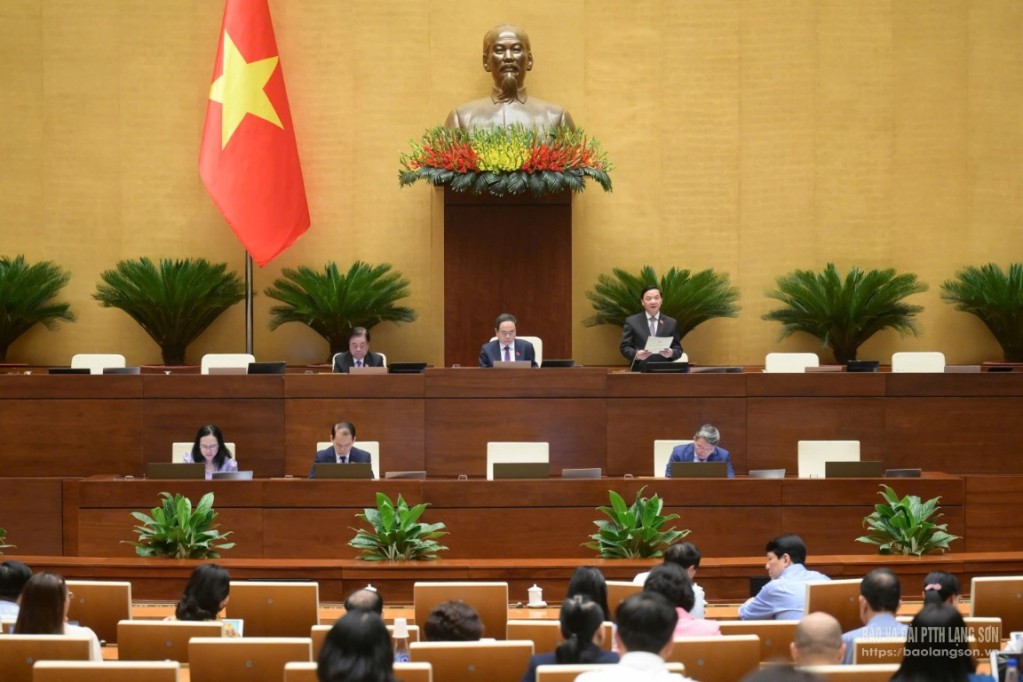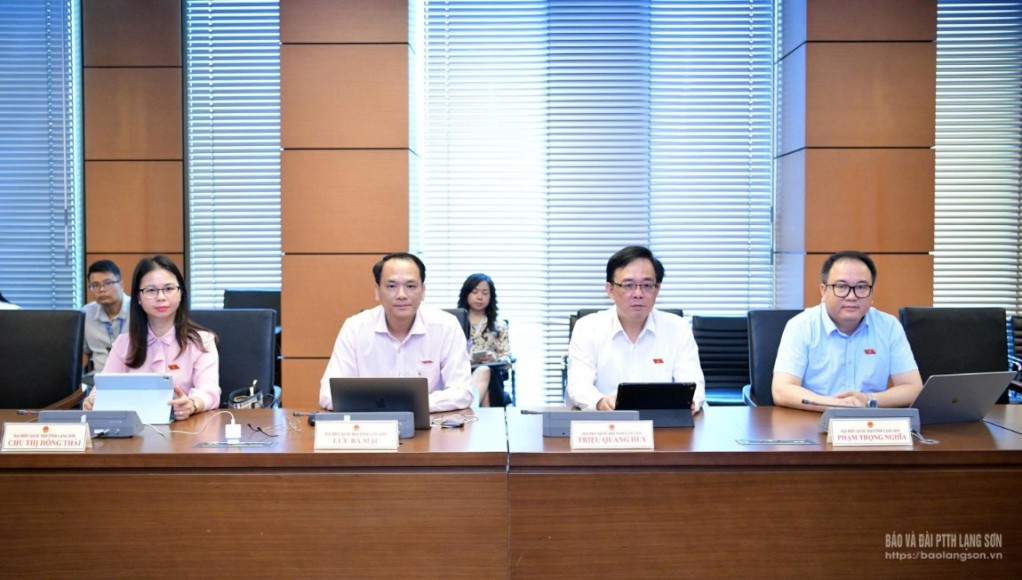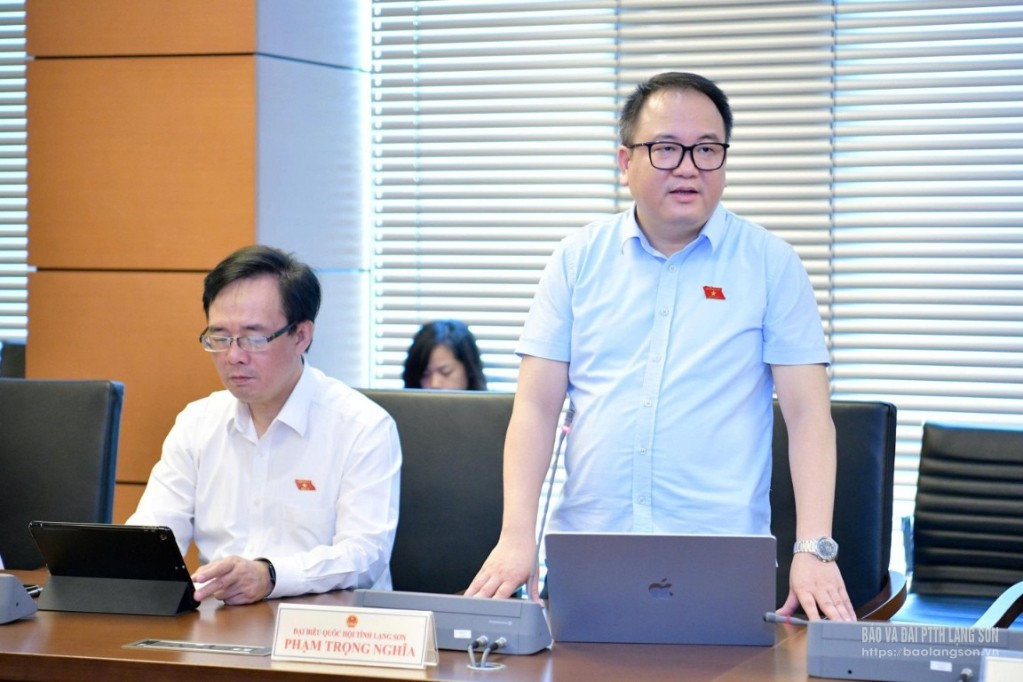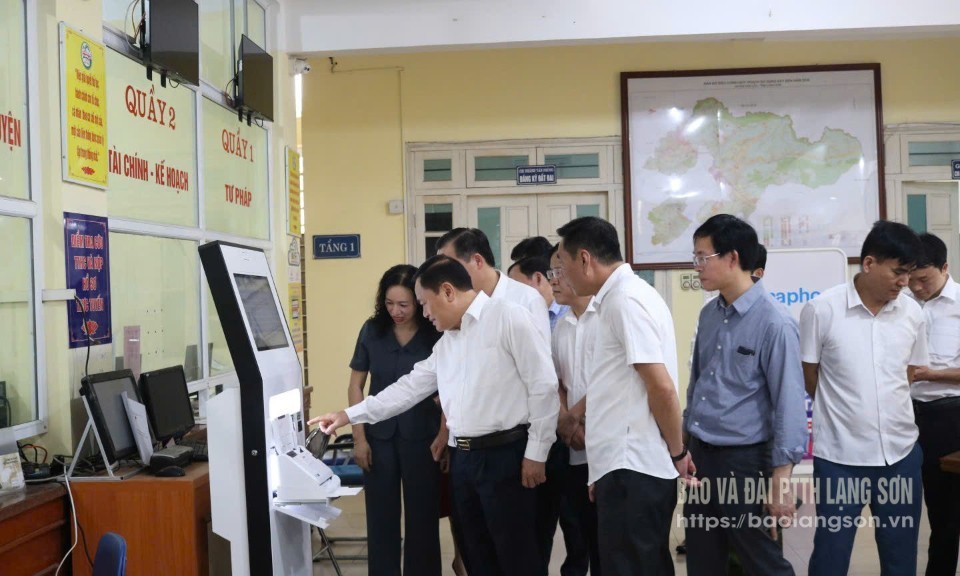Delegate Pham Trong Nghia: Commends Provisions on IT Application and Digital Transformation in Civil Judicial Assistance
On the morning of June 23, continuing the 9th session of the 15th National Assembly, the National Assembly held a plenary meeting and group discussions on a draft resolution and several proposed laws.

Specifically, the National Assembly held a plenary discussion on the draft Resolution on mechanisms to resolve difficulties and obstacles arising from legal regulations. Concurrently, group discussions were held on five draft laws: Civil Judicial Assistance (CJA); Criminal Judicial Assistance; State of Emergency; Transfer of Persons Serving Prison Sentences; and Extradition.

Speaking during the group discussion, delegate Pham Trong Nghia, from the provincial delegation, stated that judicial assistance plays a significant role in ensuring justice and fairness, preventing transnational crimes, promoting international integration, and protecting the rights of individuals and organizations.

According to the delegate, the draft Law on Civil Judicial Assistance proposes establishing and operating an information system for civil judicial assistance (Article 12), allowing for the transfer of judicial assistance requests through electronic means (Articles 21 and 31), conducting online depositions (Articles 23 and 32), and integrating these with national digital transformation programs. These measures aim to leverage the development of information technology—especially following the COVID-19 pandemic—to improve efficiency and shorten the duration of judicial assistance procedures.
This policy aligns with global digital transformation trends and Vietnam’s e-Government development strategies. Applying information technology helps reduce costs, save time, and increase transparency and efficiency in handling judicial assistance requests. The regulation on online depositions is a step forward, addressing practical needs in situations where foreign parties cannot travel directly. However, implementing the judicial assistance information system requires significant investment in IT infrastructure, qualified personnel, and time for testing and deployment. Article 33 assigns the Government the responsibility of setting the roadmap for applying electronic judicial assistance. The delegate emphasized that using electronic platforms must go hand in hand with robust data security measures to prevent cybersecurity risks.
The delegate also noted that expanding the scope of civil judicial assistance may increase the workload for judicial agencies—particularly the Ministry of Justice—while current resources have not been fully assessed for their capacity to meet this demand. Therefore, a concrete plan is needed for personnel training and funding allocation to handle new judicial assistance requirements in the administrative sector.
He further recommended that entrusting public postal service providers with the task of delivering documents from abroad must be accompanied by strict monitoring mechanisms to ensure the quality and confidentiality of the delivery process, especially for sensitive judicial documents. Clear legal responsibility must also be defined for such service providers in the event of errors or violations.
Regarding judicial assistance costs, the delegate proposed that regulations on cost-bearing by involved parties must include detailed guidelines to prevent inequality in accessing judicial assistance services, particularly for disadvantaged individuals or organizations. He recommended that provisions be added to clearly outline exemptions or reductions in judicial assistance fees for vulnerable groups in Vietnam.
Lastly, the delegate offered additional comments on issues such as the application of foreign law, principles of civil judicial assistance, and the collection of evidence and online depositions within Vietnam.
 Loading
Loading  Tiếng Việt
Tiếng Việt English
English 中文
中文


